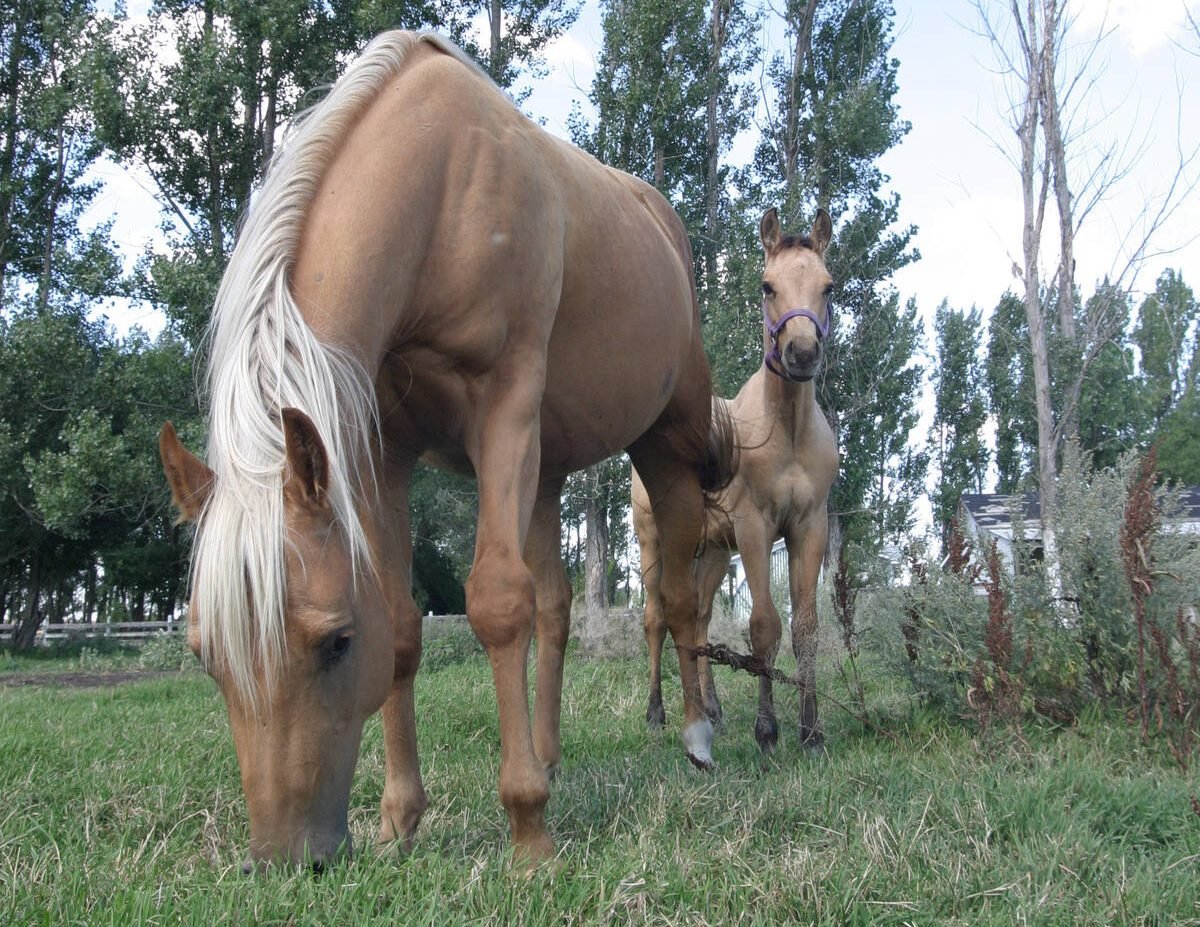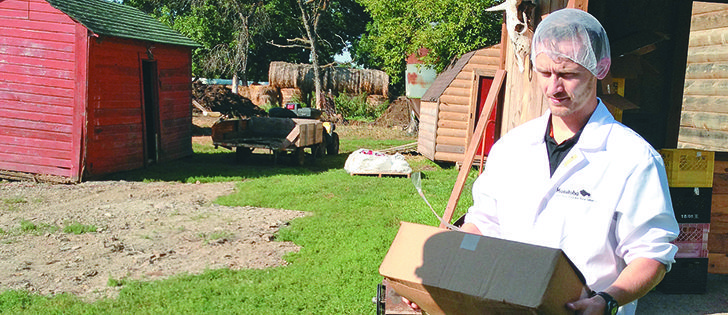Small farm owners Pam and Clint Cavers had the surprise of their lives recently when Manitoba Agriculture staff showed up to seize and destroy their stock of locally produced and cured prosciutto.
Ironically, just months ago, the department had presented the Cavers with a $10,000 prize, naming their prosciutto the best new food product in the Great Manitoba Food Fight competition.
This incident highlights the need to scrutinize how government policy may be preventing family farmers from innovating, diversifying and meeting the growing consumer demand for local food.
Read Also

Growth plates are instrumental in shaping a horse’s life
Young horse training plans and workloads must match their skeletal development. Failing to plan around growth plates can create lifelong physical problems.
Pam Cavers neatly summed up their experience with the department: “With one hand they giveth and the other they taketh away.”
Imagine this Kodak moment: Manitoba agriculture minister Ron Kostyshyn savouring Clint and Pam’s delicious prosciutto in front of a captive audience, celebrating local food and farmers at the Great Manitoba Food Fight.
Fast forward four months. The scene changes from that Kodak moment to a nightmare for the Caverses.
Two government inspectors arrive to deliver a $1,400 fine and seize and destroy $8,000 of a product the Caverses had poured their hearts into developing.
It’s not hard to see why Manitoba family farmers feel that policy toward local food is two-faced. Unfortunately, as dramatic as the raid at the Cavers farm is, this is not an isolated incident.
It is indicative of a much deeper problem: the marriage of government to industrial agriculture to the detriment of family farmers.
In my doctoral research, I interviewed farm families who sell their meat directly to consumers in Western Canada and the United States. Most farmers wanted to expand and innovate but were frustrated and stymied by the many barriers they face.
Most often it was the lack of affordable and accessible processing facilities.
Some farmers I interviewed had considered establishing their own facilities, but the regulations are geared toward large industrial plants, and the costs of compliance are too great to make business sense for smaller farmers and processors.
Many said that the existing regulations were open to interpretation, which they noted is a huge business risk. Everyone agrees that food safety regulations are important.
However, smaller farmers and processors want regulations to take into account the relative risk of different sized operations.
The most obvious reason for different regulations for smaller producers and processors is that the potential impact of an outbreak from the mega processing plants is much greater.
Is the Manitoba government serious about local food? Many farmers say that, while front line Manitoba Agriculture staff people are helpful, they are woefully underfunded.
When it comes to photo ops and window dressing, the government program money is there. Just look at the government’s Buy Manitoba program. What was framed as an opportunity to help farmers develop local markets essentially ended up being a tool for large grocery chains to label products that were manufactured in Manitoba.
Thus, Manitoba Agriculture holds up small, family farms as the face of agriculture while providing minimal financial support and even undermining small farmers with one-size-fits-all regulation.
There is no doubt that the public is looking to tap into local food from Manitoba farmers.
However, incidents like the one at the Cavers farm effectively drive farmers underground, making it difficult for consumers to find authentic local food.
If we are serious about enabling Manitoba farmers of all sizes and types to meet the growing consumer interest in local food, we must demand that government works with farmers to create more appropriate programs and regulations.
Colin Anderson is a PhD student at the University of Manitoba investigating direct farm marketing and co-operatives in Western Canada and the United States. He was present at the Cavers farm during the Manitoba Agriculture visit.















